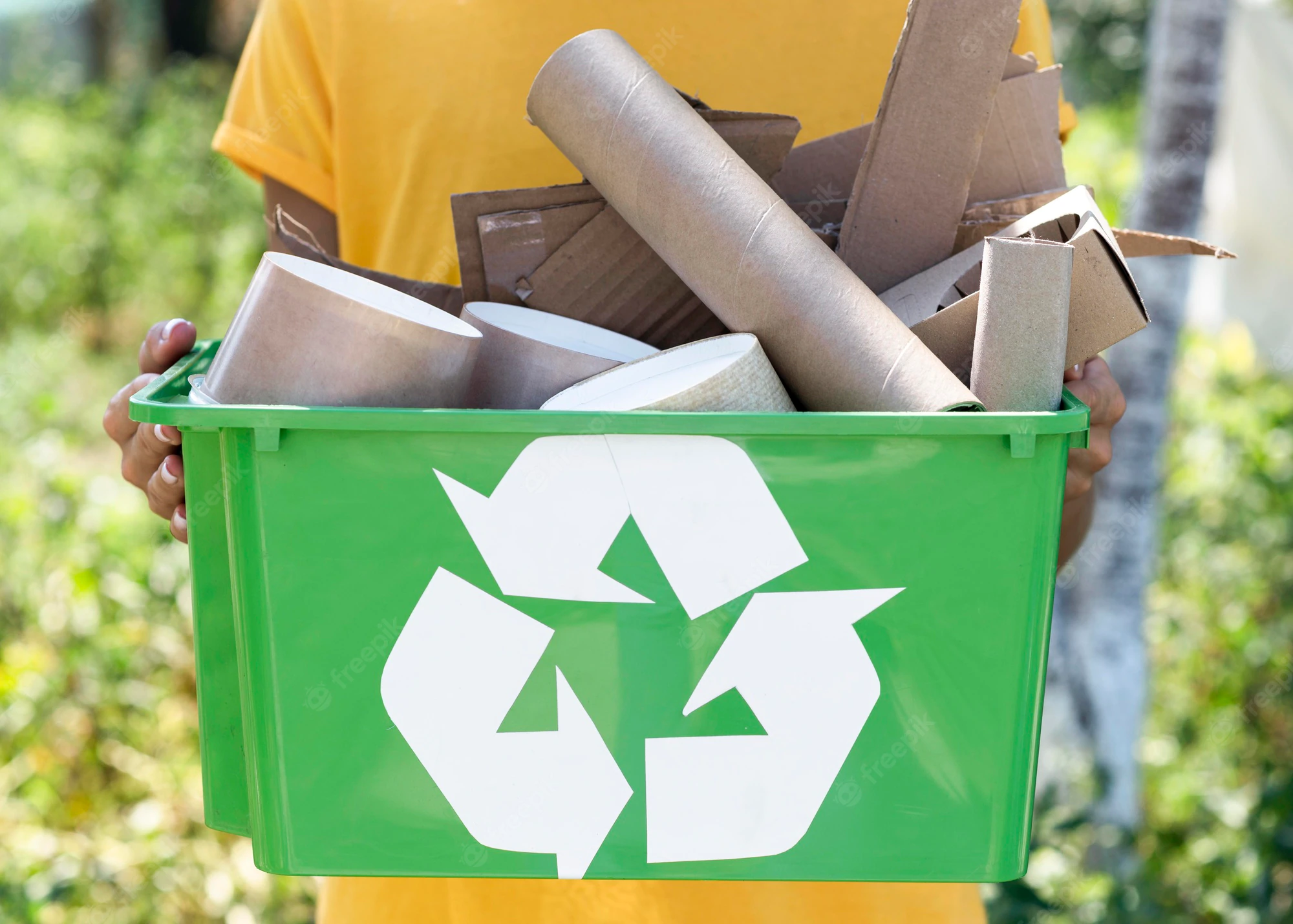
More people today are into recycling as they realize its benefits. But, most people do not know what happens to the items they put in their recycling bins. Have you ever wondered if everything you think is recyclable is recycled? To learn more about recycling, read on.
A basic definition of recycling
In simple terms, recycling recovers materials from waste and converts them into fresh products. The U.S. EPA defines it as the action of collecting and processing various materials, often considered trash, to make new materials or commodities.
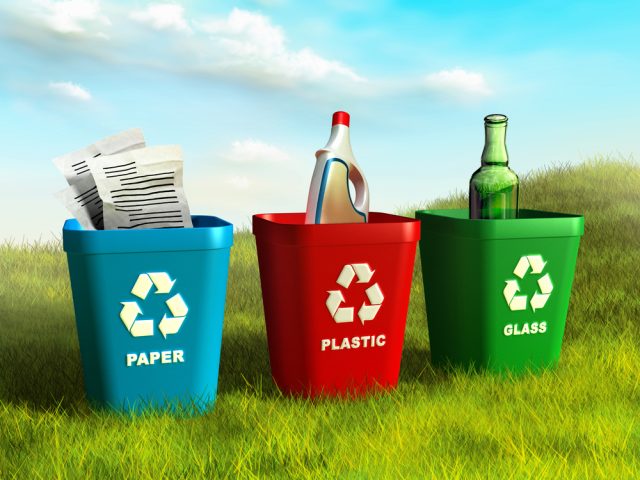
How materials are recycled
Recyclable materials undergo various steps before they become raw materials for new products. You can divide the process into three primary stages.
- Collection. Various recycling facilities use several methods to collect materials for recycling, such as refund programs, drop-off centers, and curbside collection. Some recovery facilities take care of sorting the various recyclables, while others prefer to receive the materials already clean and sorted. Different counties and communities have regulations, so check their recycling and collection rules with your community. For example, if you live in Kansas City or its surrounding metro areas, you can visit langleyrecyclingkc.com to learn more, including what items they accept, and what you should do before bringing the recyclables, and how you can earn from recycling.
- Processing. At the processing center, the workers sort and clean the materials for recycling. Again, remember to check your community or recovery center regulations. For example, some centers require the materials to be clean, as food, liquid, and other content residues will impede the process or contaminate the recyclable materials.
- Manufacturing. After cleaning and sorting, the materials will go through the final step. The recycling facility uses different methods to recycle, depending on the material.
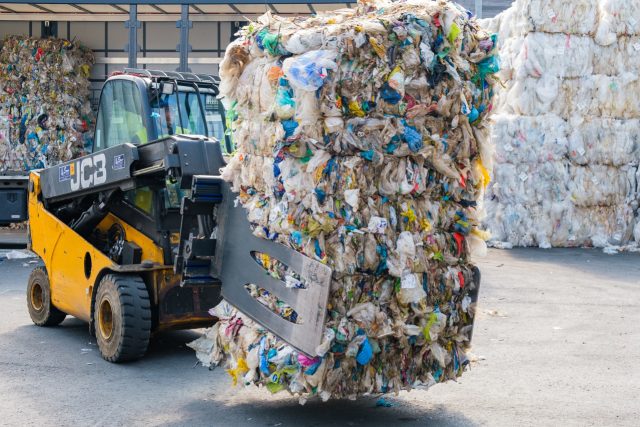
Importance of recycling
More people are coming to realize that recycling is essential. Recycling provides environmental and economic benefits. It creates jobs, gives new life to garbage, prevents pollution, reduces landfills, and saves resources and energy.
1. Environmental benefits
- Reduces gas emissions, saves energy. It takes considerably less energy when recycling materials compared to producing new materials. As recycling requires less energy, the emission of greenhouse gases is also lower, which helps tackle climate change.
- Leaves space in landfills for unrecyclable wastes. Recycling gives landfills the necessary space for garbage that cannot be repurposed and needs proper disposal. Since landfill spaces are running out, it is critical to ensure that recyclable materials do not end up in landfills. The current trend is for wealthy countries to send their wastes to countries in Southeast Asia so that these countries can dispose of them in their landfills. But the receiving countries are starting to reject the waste shipments as the amounts of trash are more than their landfills can handle.
- Conserves natural resources. Mining and processing natural resources to produce new products is expensive. However, the production costs to recover materials from waste through recycling are drastically lower. Thus, recycling is the preferred option. Moreover, reducing mining activities ensures that the natural resources will last longer. Likewise, recycling minimizes the cutting of trees. For example, recycling a ton of paper will save 17 trees.
- Decreases air pollution. Mining operations contribute to air and water pollution. Environmental pollution remains a global problem, with air pollution significantly contributing to the annual death toll of 4.2 million.
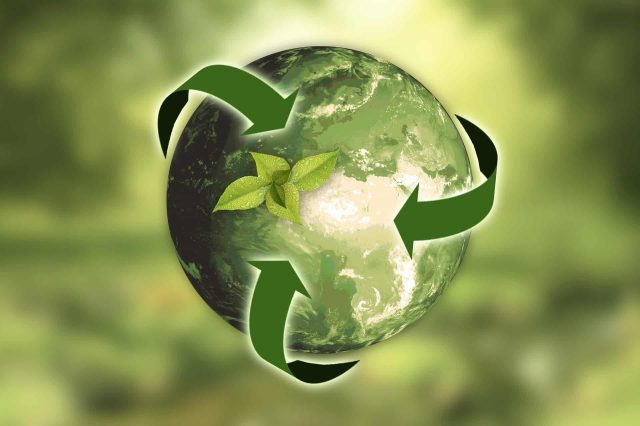
2. Economic benefits
- Recycling saves money. It costs less to recycle materials and produce new products. Since there are several materials you could recycle, industries can constantly supply materials without disturbing the environment. Individuals can also save money by turning food waste into compost to fertilize gardens. There is also money in recycling. You can check your local community if it has recycling incentives. Likewise, recycling facilities purchase specific materials from people who recycle.
- Recycling provides employment. Recycling employs several thousand people. For example, thousands of recycling facilities in the United States generate an annual income of several billion.
Items you can recycle
Homeowners, individuals, companies, organizations, and businesses use various materials, from paper to steel. Most of these items are recyclable. Let us find out about some of them.
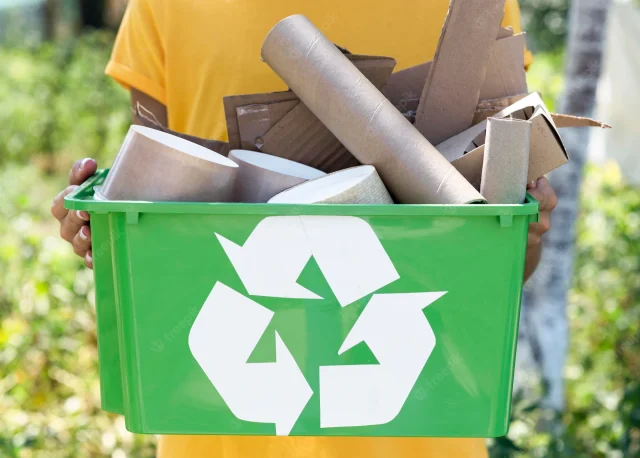
- Plastic products. Most plastics are not biodegradable. Thus, it is better to recycle plastics instead of them taking space in landfills and polluting land and bodies of water. In addition, recycled plastics can produce new products, such as lawn furniture, playground equipment, new containers, bottles, hopping bags, sustainable activewear, rugs, mats, shoes, and more.
- Aluminum. Aluminum is 100 percent recyclable, and the good thing about this material is that it keeps its properties and quality even if it is recycled multiple times. Would you believe that nearly three-fourths of the aluminum produced over time is still used today? Aluminum is a versatile product. Aside from making new containers, such as cans, many industries use aluminum, too. Bicycles, cars, boats, airplanes, and building materials are just some of the products that use aluminum.
- Cardboard and paper. Do not throw paper and cardboard away. Paper cups and plates, office paper, tissue paper, and newspapers go into the nondurable goods pile. Place the corrugated boxes, milk cartons, and other paper packaging into the containers/packaging pile. Make sure that they are all clean and that there are no grease and leftover food on paper food containers.
- Glass. Glass, like aluminum, has excellent structural integrity. Therefore, you can recycle glass indefinitely, and it will maintain its quality. Most of the recycled glass goes into the production of glass bottles. However, manufacturers can also use glass to produce landscaping stones, countertops, and flooring.
- Waste from electronics. Printers, televisions, laptops, and smartphones are some electronic products where you can recover valuable metals, such as gold, copper, and silver. If you remember, Japan produced the Olympic medals for the 2020 Summer Olympic Games in Tokyo from recycled metals from millions of small electronic devices donated by Japanese residents.
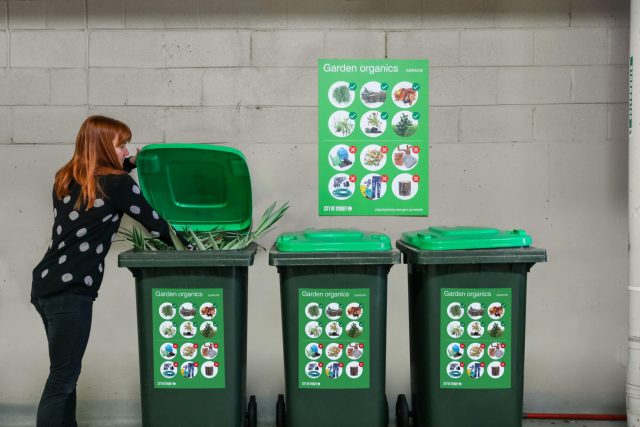
As you can see, recycling has so much potential. The activity can improve the environment. It can help people stay healthy, save energy, and save money. There is also money in recycling, which is a welcome incentive.














